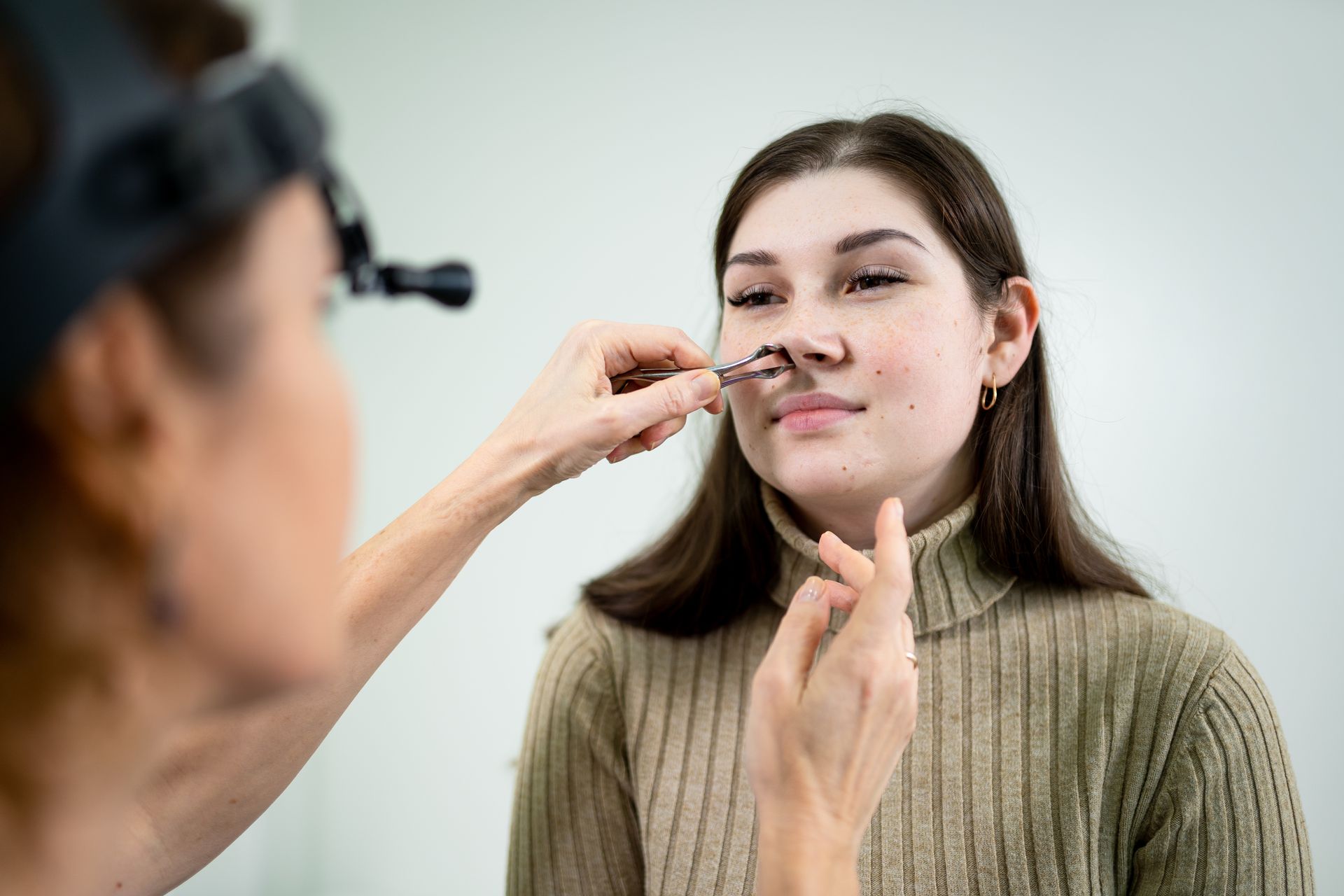Cold or Flu?
Sean Miller • October 17, 2019
Is it a Cold or the Flu?
It’s that time of year again – flu season. Both colds and the flu are viral illness that may have overlapping symptoms, but there are some key differences:
Cold
- Symptoms that build over 48 hours
- Runny nose, watery eyes
- Stuffy nose and congestion
- Sneezing and coughing
- Symptoms may last 3-10 days
Flu
- Fast onset of symptoms (especially fever and chills)
- Fever and chills
- Body aches and pains
- Weakness and fatigue
- Symptoms may last 7-14 days and may linger for up to 3 weeks
Cold or Flu? Take this quiz to find out: https://symptoms.webmd.com/cold-flu-map/rm-quiz-difference-cold-flu
At Kentuckiana Ear, Nose and Throat, we want you to be in the know.

If you often wake up feeling groggy or find yourself snoring loudly at night, you may be wondering about the underlying causes of your sleep disturbances. One lesser-known factor that can affect your breathing during sleep is a deviated septum. In this blog, we’ll explore what a deviated septum is and how it can contribute to sleep apnea.












